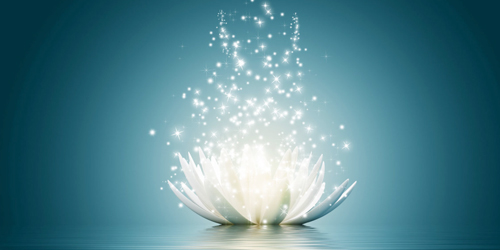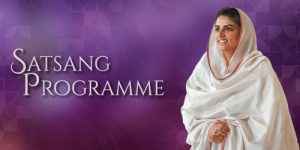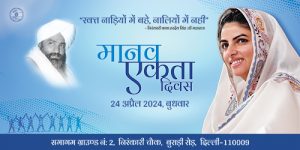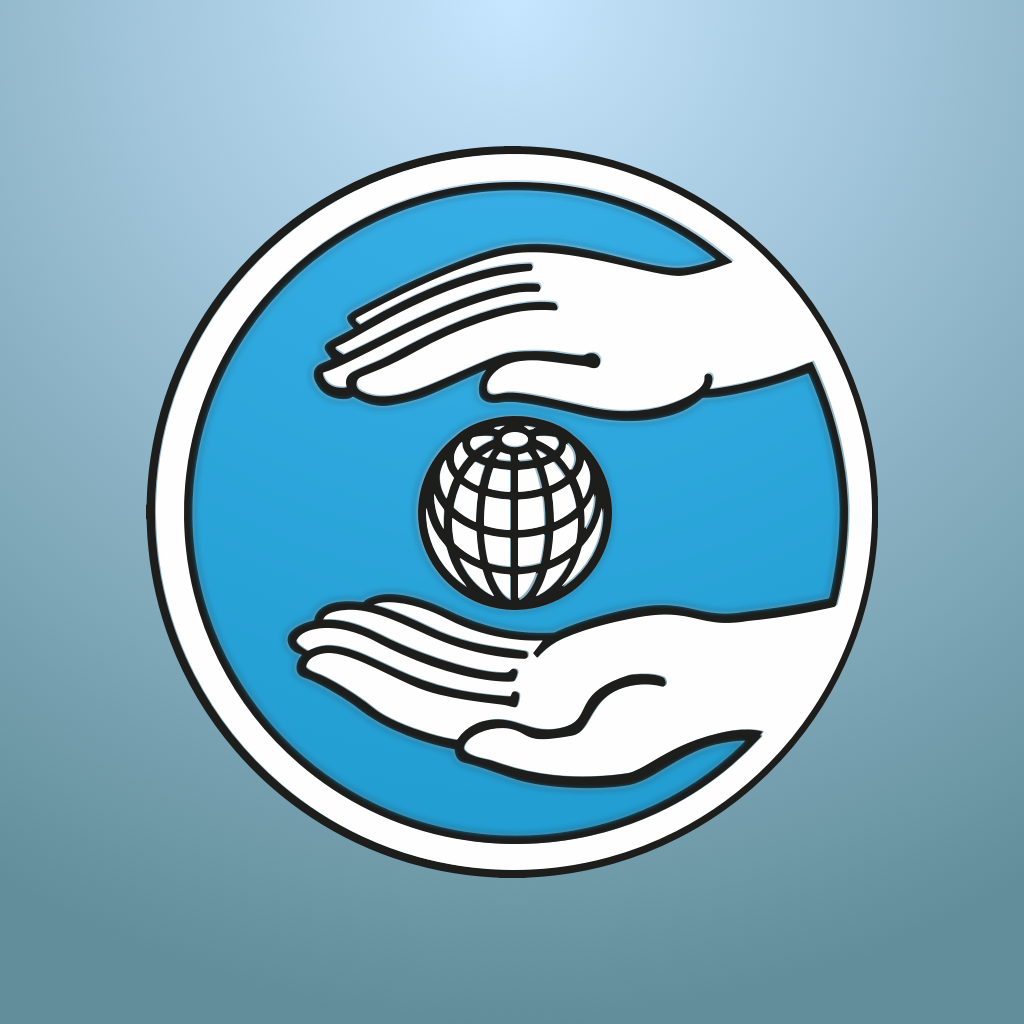Our cognitive behaviour system – i.e. our thinking, feeling and action pattern – is developed through inter-connected layers of core beliefs, mental distortion, and automatic thoughts that ultimately influence the way we see ourselves in the context of the world. Many psychologists suggest that we build biases, rules for living, and thinking constraints, which ultimately influence our identity. Both the self and self-esteem take birth in the early stages of life. The former becomes our new-found identity, and the latter, the sum total of our overall opinions and self-worth as people.
There are many factors and forces that shape our character. No two babies, born on the same day, are the same; they grow up to be completely different people. This is because our cognitive development – i.e. maturation, discovery methods, social transmissions, culture and language – impact different people differently. Siblings sharing the same parental guidance, exposed to the same social environment, school, myths, heros, and ideals, still develop uniquely different characters. So much so that even a memory shared with an immediate family member or sibling, is described differently.
Shadow
In our state of awareness, we all harbour our own unique pattern of thoughts and feelings, including those of shame, guilt, anger and anxiety. This is something that Carl Jung describes as a shadow. It is part of our personality that we choose to reject and repress. It is usually stored, hidden away, and dramatised as internal monologues and negative feelings that manifest towards ourselves, others and the world.
This not only disrupts our life, but undermines who we are as well. It creates feelings of incompetency and inadequacy, severely hindering what we can do in life. A person, who feels inadequate in himself, may also find himself criticising the world around him. In fact, a person who lives with self-hatred is akin to a constant bully, who criticises, judges and belittles himself, making himself worthless, bad and a failure. Perhaps this self-hatred or self- discrimination is where discrimination towards others is born. Racism and casteism are nothing but devices to protect our opinions and privileges.
How do we stop hating ourselves? How do we stop hiding behind artificial smiles and truly begin to feel a sense of genuine love towards ourselves and others?
The main contribution to personal development begins with recognising that we may have unhelpful thoughts and old views that may never have been challenged. Recognising these thoughts means that we give ourselves permission to express ourselves to attain new self-understanding. We cannot be open to others if we do not open up to ourselves. These defensive walls in our hearts and minds have to be dismantled, for failure to do so, hinders our progress.
It is always helpful to capture our unhelpful thoughts by writing them down in a journal, and when we get to reflect on them, be prepared to be slightly uncomfortable. All the fears and negativity we feel, can and will become energy redirected! Humble, the poet, once said, If you make an identity out of being broken, you are never going to get better. He explains that there is a difference between self-love and simply feeling sorry for yourself. He emphasises the way we treat ourselves. How we treat ourselves dictates how others will treat us. We all have shortcomings, but what matters most is how we shift our focus back onto ourselves, recognising both the positives and the negatives. It is important to have reverence for both the dark and light parts of ourselves, for they make us who we are.
Befriend yourself
The next step is to learn to be friends with ourselves. I always hear people say how much they love their body or aspects of their appearance, but very few ever express how much they love their mind! We need to go back to basics by building a new relationship with ourselves, learning to treat ourselves with the same love and respect that we direct towards someone we care for.
This helps us to recognise the illusion, in that we compare ourselves to an illusion of ourselves and others. Our so-called fixed identity is false. All the thoughts, habits, labels we put on ourselves are not solid facts, but simply reactions, experiences, opinions built through life experiences. The brain acts like a radio receptor, receiving and transmitting different frequencies. Depending on how you tweak the frequencies, determines if you access more or less consciousness for a particular situation, to which we all react. Self- realisation offers the mind an opportunity to evolve and overcome these processors to expand ourselves beyond such illusions.
Truth Set You Free
It has been said that truth can set us free. The truth that is referred to is a sense of knowingness/awareness of who we really are beyond the mind. This truth is about our deeper, collective consciousness; it is the recognition that we are all, without exception, inter-connected; and it is the special knowledge that helps us to break away from our limited identity to be one with the Unlimited Source of everything.
Who we are can be found in Gnostic Knowledge (Gyan), which opens us up to love, compassion, tolerance, kindness and laughter. When we laugh we know we are taking ourselves less seriously; when we tolerate another, we know we are looking at situations from the other’s point of view; when we show a non-judgemental stance, we show that perhaps the other individual may be right; and when we open up to other possibilities, we are acknowledging that there are many ways of being in the world.
Looking at life from alternative view-points helps us to go beyond limits of the mind and towards perspectives of wholeness for both ourselves and others. The Hardev Bani, 94, explains such wholeness as follows:
Why wander aimlessly here and there,
In chasing pseudo happiness, Nirankar
Why not rely upon this Sovereign Lord,
Worship Him at every breath, Nirankar
– Harishta Kaur, Huddersfield, UK








